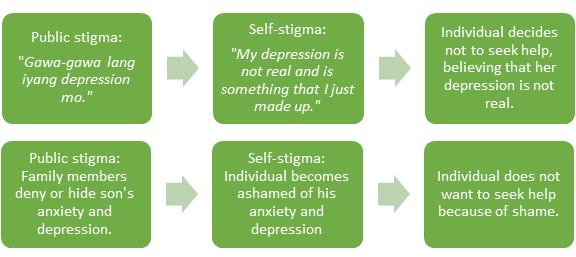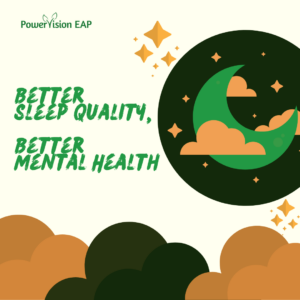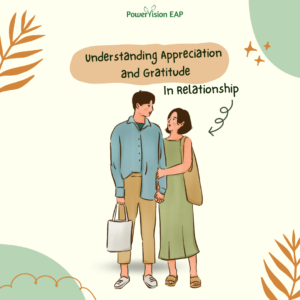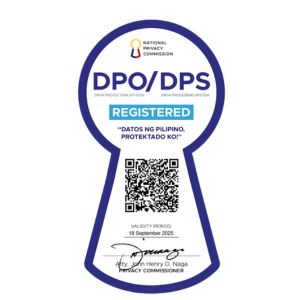One in five Filipinos suffers from a form of mental illness. In 2016, anxiety is the most prevalent mental illness in the Philippines. This is followed by depression, substance use disorders, bipolar disorder, schizophrenia, and eating disorders. And yet, a lot of people are still unaware of the issues surrounding mental health. Because of this, there is still a lot of stigma and discrimination towards those who are living with mental health problems. Common responses towards mental illness are “Nasa isip mo lang iyan” or “Gawa-gawa lang iyan.”
Unfortunately, stigma and discrimination prevent people from seeking the help that they need. Misconceptions towards those who are mentally ill bring them shame and cause them to hide their problems. For example, when people say that the depression that an individual is experiencing is “gawa-gawa lang,” this causes that individual to think that what he or she is experiencing is not real, or that what he or she is experiencing is somehow his or her fault or doing. This prevents that person with depression to seek help because he or she thinks that it is not real.
What can you do to change this?
- Offer your support to those who are struggling. Lend a shoulder or an ear. It is important for those who are living with mental illness to have a support system. Just being a friend who is willing to listen can already help a lot.
- Choose empowerment over shame. Empower yourself and others rather than shame them for their mental health condition. Shaming them will prevent them from seeking the help that they need. Empowering them will not only encourage them to seek help, but it will also give them hope and encourage them to overcome these challenges.
- See the person, not the illness. A person is not defined by his or her mental health condition. Instead of focusing on the person’s illness, see the person for who he or she is: A person who more than his or her mental health condition.
- Be open to conversations about mental health. For those who are living with mental illness, do not be afraid or ashamed to talk about what it is like. And for those who are not living with mental illness, do not be afraid to listen. Meeting people who are living with a mental health condition or people who are experts in the field and listening to them helps us understand each other and corrects all those stereotypes and misconceptions about mental health.
- Use respectful language. Language matters. The way you speak also affects the way you think. So, framing your language to be more respectful and to address the person rather than the illness will help change the way we perceive mental health and those who are living with mental illness.
- Learn about mental health to educate yourself and others. Never stop learning. The lack of knowledge feeds our fear and our misconceptions. Use every opportunity to learn what you can about mental health and share that knowledge with others.
- Take action to raise awareness. There are many ways you can take action to raise awareness online and offline. Search for resources and opportunities around you to help raise awareness on mental health and fight the stigma.
- Be an advocate for positive change. Include mental health awareness and support in your daily life, whether it is at work or at home.
PowerVision can help employers and companies stop mental health stigma through our educational talks and workshops. We also provide Employee Assistance Programs (EAP) or workplace counseling services to help employees deal with personal and work-related issues that impact their performance. Contact us for more information.
References:
- “10 Facts on Mental Health.” World Health Organization (WHO), http://www.who.int/features/factfiles/mental_health/mental_health_facts/en/index5.html. Accessed July 15, 2018.
- Corrigan, Patrick W. “Lessons learned from unintended consequences about erasing the stigma of mental illness.” World Psychiatry, vol. 15, no. 1, 2016, pp. 67-73. Wiley Online Library, doi: 10.1002/wps.20295.
- Elemia, Camille. “Duterte signs Philippine Mental Health law.” Rappler, 21 June, 2018, https://www.rappler.com/nation/205425-duterte-signs-mental-health-law-services-philippines
- Greenstein, Laura. “8 Ways to Fight Mental Health Stigma.” National Alliance on Mental Illness, 11 October, 2017. https://www.nami.org/Blogs/NAMI-Blog/October-2017/9-Ways-to-Fight-Mental-Health-Stigma.
- Hutley, Lynn. “Here’s how you can help reduce stigma around mental illness.” Health eNews, 14 September, 2017. http://www.ahchealthenews.com/2017/09/14/heres-can-help-reduce-stigma-around-mental-illness/.
- Ritchie, Hannah, and Max Roser. “Mental Health.” Our World in Data, April 2018. https://ourworldindata.org/mental-health#prevalence-of-mental-health-and-substance-use-disorders.













